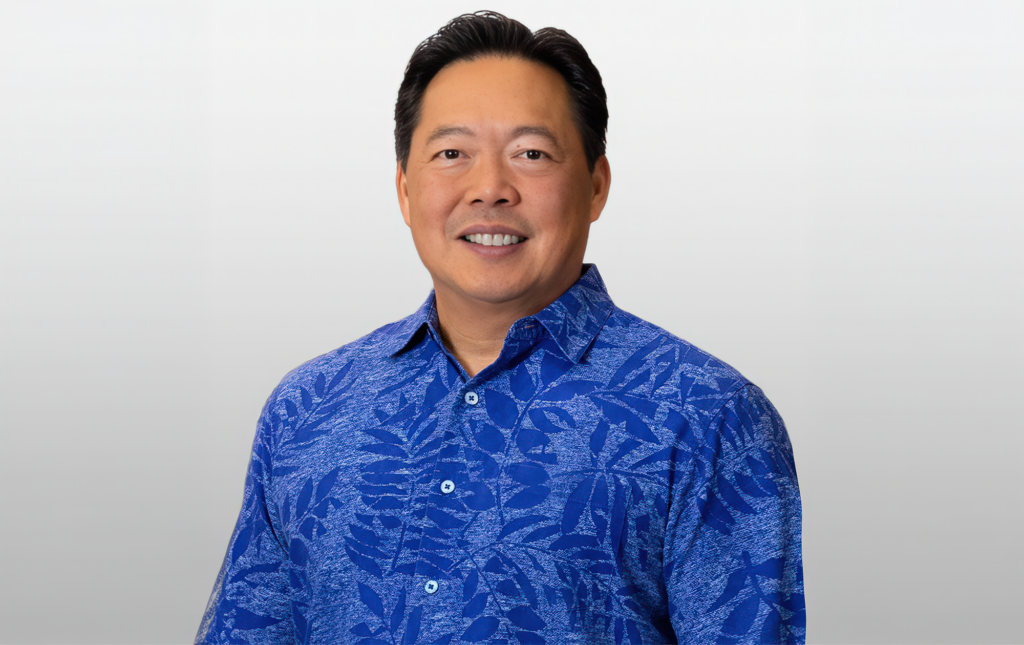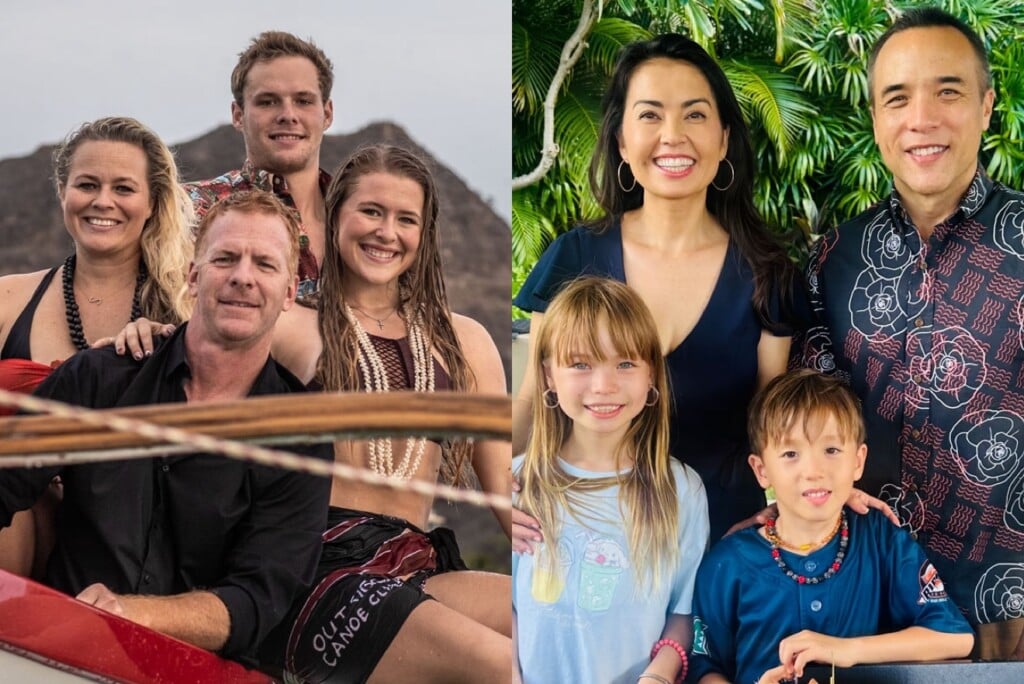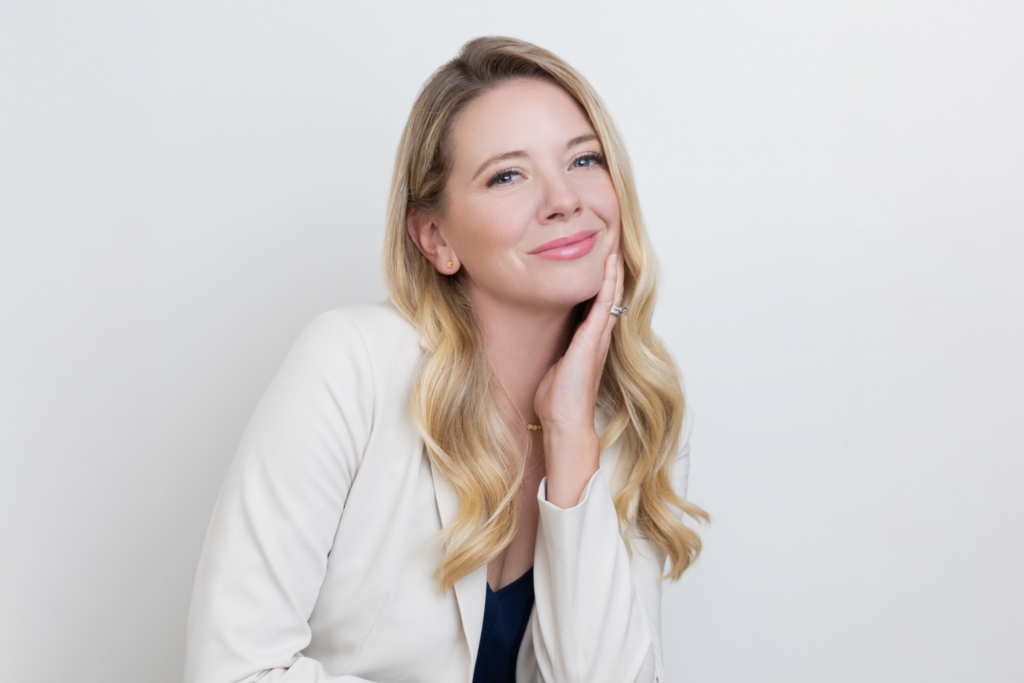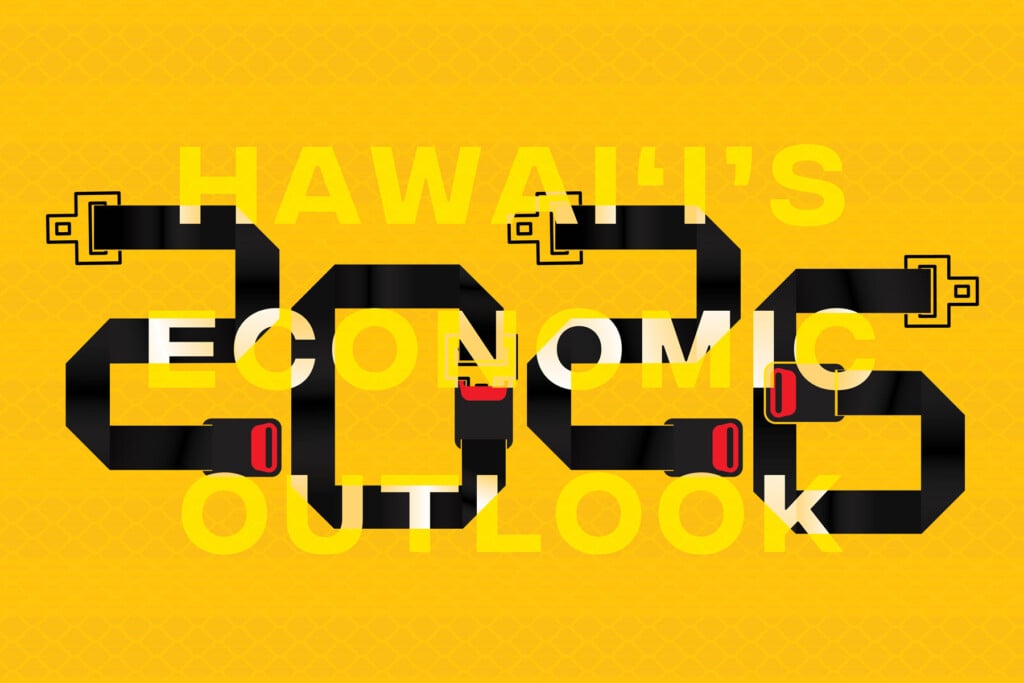UH President Wendy Hensel on Listening, Innovating and Reimagining the Classroom
UH President Wendy Hensel is reimagining higher education for the AI era, blending technical skills with human-centered learning while leading with authenticity in a male-dominated field.
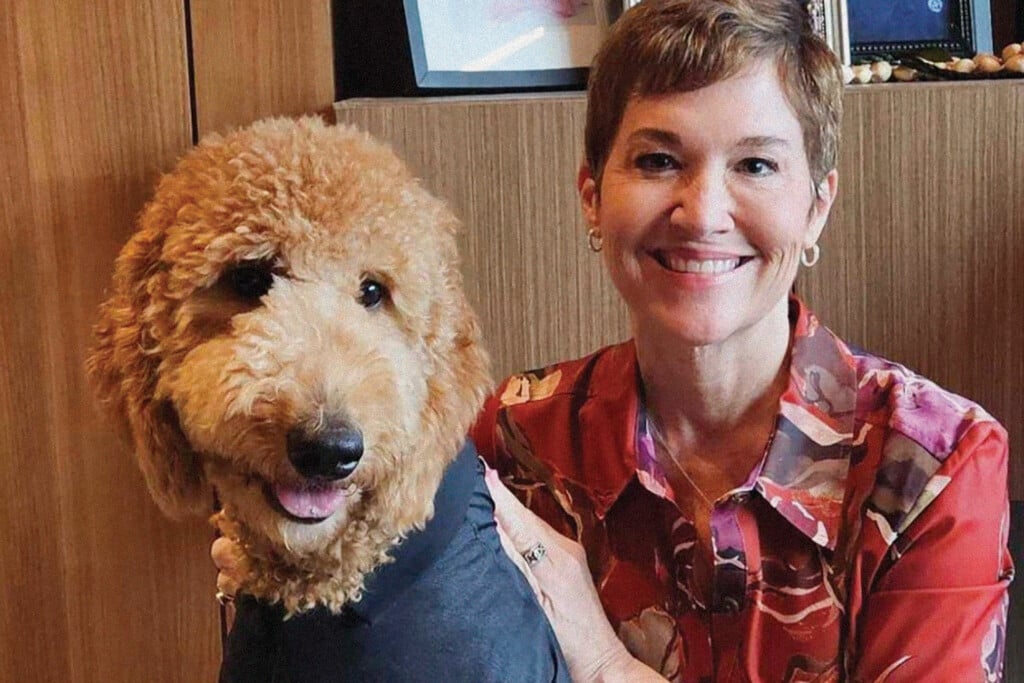
For years, a computer science degree was considered a golden ticket to a secure career. Just ask UH System President Wendy Hensel: Her son graduated with one in December. Yet instead of stepping into a market overflowing with opportunity, he entered a field being reshaped by artificial intelligence and offering few entry-level jobs for CS grads.
“Five years ago, everyone would have told you that’s the safest possible degree you can get, that it’s hot,” she says. “And of course, these folks are struggling.”
Watching her son enter a fast-changing labor force has reinforced her belief that higher education must go beyond preparing students for their first job. She argues it should equip them for a lifetime of profound change against the backdrop of AI and digital transformation, geopolitical volatility, climate change and generational shifts in values.
In Hensel’s view, the future will reward those who pair technical expertise with enduring, human-centered “soft” skills – problem-solving, adaptability and critical thinking – essential for navigating a world in flux.
“It really, in many respects, is the rebirth of the humanities,” she says. “How do you continually learn, acquire information, and work through ambiguity and fast, furious change in a way that lets you be successful? We are no longer preparing people for a single skill set that they then employ for the rest of their lives.”
This blend of pragmatism and optimism has already begun shaping Hensel’s early tenure at UH. She enlisted Guy Kawasaki, who popularized the term “technology evangelist” at Apple in the 1980s and 1990s and played a key role marketing the original Macintosh.
Kawasaki has since become a best-selling author and an evangelist for Canva, the online design platform co-founded by Melanie Perkins, who famously faced more than 100 investor rejections before turning her idea into a multibillion-dollar business.
At UH, Kawasaki serves as an advisor to Hensel and together they are working on new digital initiatives. He is also “a resource to faculty on strategic uses of AI across academics, research, and operations,” according to the university system’s website.
Hensel herself leans naturally into the digital age – chatting in a YouTube interview with her new dog, Phoebe, nestled at her side (which she reposted on LinkedIn, commenting, “Phoebe and I were interviewed!”) – or appearing in an Instagram reel from the UH Mānoa Alumni Makers’ Market at The Royal Hawaiian.
Hensel is equally comfortable in the classroom, online or at community events. She welcomed students back to campus, which was documented in a video posted on X, the platform formerly known as Twitter (https://x.com/UHPresident/status/1960530284035588309)
In fact, the volume of her public appearances suggests she has been UH president for years, though she has been in the role since January 1, 2025.
The ‘Outsider’
When I first met Hensel on the lush Mānoa campus this summer, she exuded both candor and curiosity as we talked about many topics, including her life and career, the future of UH and the current era of global digitization.
Born in Grand Rapids and raised in Michigan, Hensel initially found being an “outsider” in Hawaiʻi to be a challenge.
“I think there was some concern that I would not understand the state and the needs of the university,” she says. “So, I deliberately slowed down with the campuses and spent the time to really listen. That was extremely helpful.”
Over several months, she visited all 10 UH campuses and five satellite education centers to hear “what people wanted me to know, what was important to them, what they thought wasn’t working well, and where some of the big opportunities were in the days ahead. That was really invaluable.”
Overall, “People care about universities in general, but the people here recognize that my success is the university’s success is the state’s success,” she says.
Hensel brings an impressive resume to the role. She previously held leadership positions at The City University of New York and Georgia State University. As executive vice chancellor and university provost at City University, she oversaw student and faculty experiences across its 25 campuses. At Georgia State, she was provost and senior VP for academic affairs and dean of the college of law.
A cum laude graduate of Harvard Law School, Hensel earned her bachelor’s degree with highest honors from Michigan State University as a Harry S. Truman Scholar and Supreme Court intern.
She has spoken candidly about a turning point in her life: the loss of her first husband.
“He had just turned 40 and was actually in great health at the time of his death,” she revealed in a Q&A for UH students. “I was with him when it happened. I had a 9-year-old son with autism and an 11-year-old daughter at the time. That horrible event shaped me into who I am today.”
“I always have my priorities straight. People often ask, ‘How do you stay so calm under pressure?’ The answer is, I know who I am, I know what’s most important, and I keep my eye on the ball. That grounds me,” she says. “Nothing could possibly be harder, I don’t think, than what I’ve already experienced. That kind of tragedy teaches you to treasure the present.”
She remarried, and together with her husband, Kenton, is the parent of four children – two her own and two gained through marriage.
Reimagining the Classroom
Hensel believes universities must rethink how they deliver education in a rapidly evolving, globally competitive environment.
“The University of Hawaiʻi stands as a true research powerhouse and a beacon of excellence but at an affordable cost,” she says.
The Carnegie Foundation recently reaffirmed UH Mānoa’s standing as an R1: doctoral university – very high research activity, the top tier of research institutions in the country, in its February 2025 update. The designation highlights the university’s role as a hub for cutting-edge discovery and innovation. (See the foundation’s assessment of each of the four UH four-year campuses at tinyurl.com/UHassess.)
UH’s internationally recognized research spans ocean, earth and environmental sciences; astronomy; tropical agriculture and sustainability; health sciences and medicine; Pacific Island and Asian studies; engineering and artificial intelligence.
Among their innovations, UH researchers developed a new AI tool that simplifies exploration of complex geoscience data, from tracking sea levels on Earth to analyzing atmospheric conditions on Mars. That work was published in the Journal of Geophysical Research: Machine Learning and Computation.
For Hensel, innovation also means reimagining the classroom. Rather than focusing solely on traditional degree programs, she envisions a more flexible, tech-rich model that could include audio, visual and other specialized courses similar to those offered at peer institutions such as Full Sail University, NYU Steinhardt, and Carnegie Mellon University. Full Sail, for example, offers technology-focused degrees in areas like information technology, cybersecurity, software engineering, artificial intelligence and extended reality.
“It really starts with delivering education or training at the level the student needs, at the moment they need it,” Hensel explains. “That could be anything from a single day of in-depth training to a certificate, to eventually a broader degree.”
She argues the current academic calendar is outdated, built on an agrarian model where students take summers off and study in fixed blocks of time. “When people want to learn something, they’re ready to go,” she says. “We need to be responsive to that and much more flexible and nimble in how we deliver content and expertise.”
A one-day training session, she notes, could easily evolve into a full certificate program for students seeking to expand their skills.
“It’s really an existential threat if we can’t evolve quickly enough to meet the needs of the moment,” Hensel adds.
Advice for Women
Asked to reflect on her leadership style, Hensel doesn’t hesitate.
“The most powerful lesson has been to be your authentic self,” she says. “Not what someone else thinks you should be, or who, as a woman you must be in order to be successful.”
She refuses to mold herself to others’ expectations. “It was never worth it to twist myself into knots – trying to be gentle or overly authoritative,” or meet some socially constructed expectation of what a woman should be, she says.
Hensel recalls her early days in law, a profession still dominated by men. Colleagues valued her work but were less comfortable with her authority. “People are happy to have you do the work,” she says. “They’re less happy to have you be the boss.”
That tension followed her into leadership. In one 360-degree review, she was labeled “intimidating.” At first, she was puzzled.
“It was a woman who was delivering the review.” I said, ‘Either you have to identify what behavior you believe or they are identifying as intimidating, or this is the same kind of sexist trope that’s out there in the universe – that simply by being a woman in a position of authority and exercising that authority, it creates intimidation.’ She looked at me and started laughing. She said, ‘You’re absolutely correct about that.’
Hensel stresses that she welcomes constructive feedback and is always striving to grow as a leader. But she’s learned to recognize when criticism is more about others’ discomfort with women in authority than about her own behavior.
“You have to know yourself well enough to say, that’s not about me. That’s an issue other people have. And I will not change who I am to appease it.”
Her message to women and leaders is that you can’t be effective if you’re not yourself. Find your voice, don’t be afraid of it, and use it responsibly.
